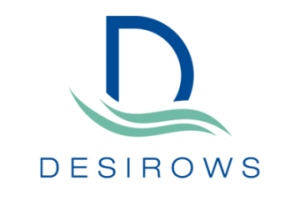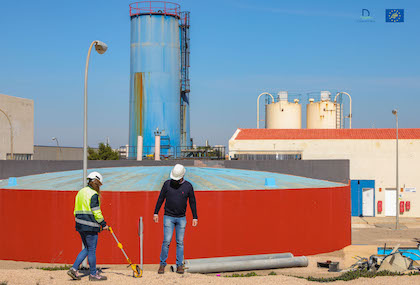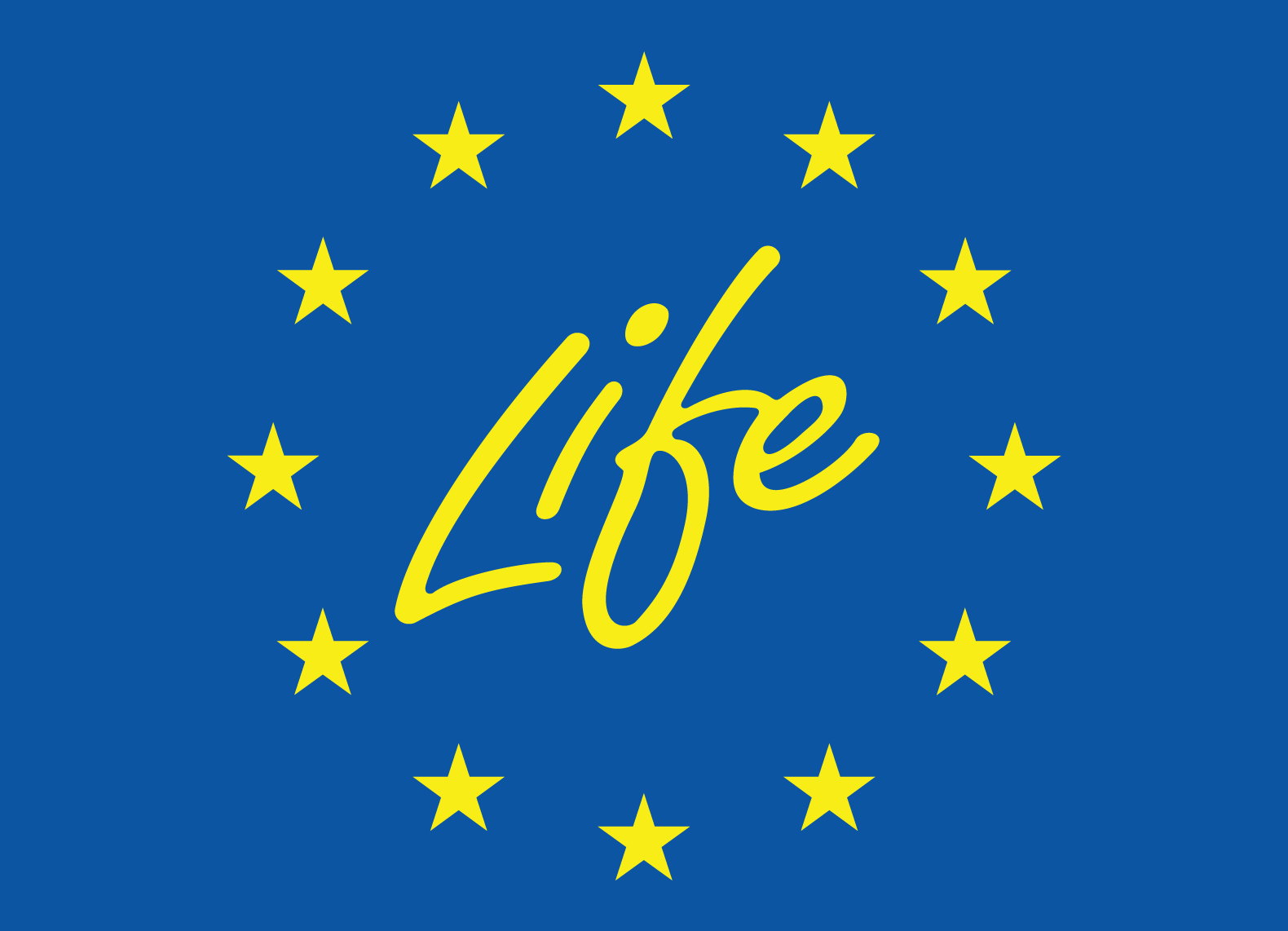Life Desirows
LIFE DESIROWS (LIFE19 ENV/ES/00447) is a demonstration project to reduce first-osmosis brine, crystallize salts, eliminate nitrates and recover water resources.
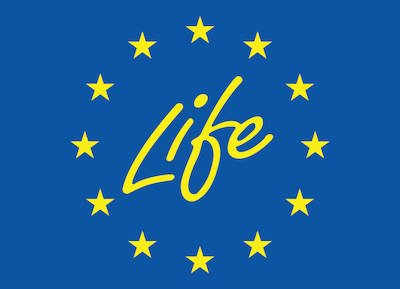

RENEWABLE ENERGY

CIRCULAR ECONOMY

WATER REUSE

BIOMASS

SOLAR PHOTOVOLTAIC
The Life Desirows project shows its desalination and denitrification technology with renewable energy
The Life Desirows project has verified the effectiveness and viability of up to seven desalination and denitrification technologies to recover subsoil water from the Cartagena countryside for agricultural use, with high salinity and nitrates, without generating waste...
Life Desirows organizes an event within the European Green Week to present the results of its plant / June 2024
The European Life-Desirows project in which UPCT researchers participate together with Regenera Levante, the Arco Sur Mar Menor Irrigation Community, Hidrogea and Hidrotec holds an informative day this Tuesday to publicize its results after more than three years of...
Follow-up technical visit to the facilities of the Arco Sur treatment plant
The Life Desirows project continues to move forward. On February 20, a follow-up technical meeting was held in which the development status of the demonstration plant was verified. LIFE DESIROWS (LIFE19 ENV/ES/00447) is a demonstration project to reduce first osmosis...
The project
LIFE Desirows (LIFE19 ENV/ES/000447) is going to develop a new industrial process based on the circular economy that will allow the reuse of these waters for irrigation, once the selective separation of dissolved salts is achieved and the nitrates they contain are eliminated.
The LIFE Desirows project (LIFE19 ENV/ES/000447) is managed by a consortium led by the REGENERA company and in which the Polytechnic University of Cartagena (UPCT), the Arco Sur Irrigation Community and other companies from the Region of Murcia with experience in this type of project, such as Hidrogea and Hidrotec.
In addition, the project funded by the LIFE Program of the European Union will also make it possible to reuse these salts, which contain a large amount of nutrients, as agricultural fertilizer, as well as for other industrial uses.
The entire industrial process combines various technologies based on renewable energies, specifically, photovoltaic solar energy and biomass.
In this way, it is possible to minimize the energy consumption necessary for recycling and reusing the brine from underground wells.
The LIFE Desirows budget amounts to 1,614,051 and has obtained funding of 870,000 euros from the European Union.
The work on this demonstration project began in September 2020 and will continue until 2023.

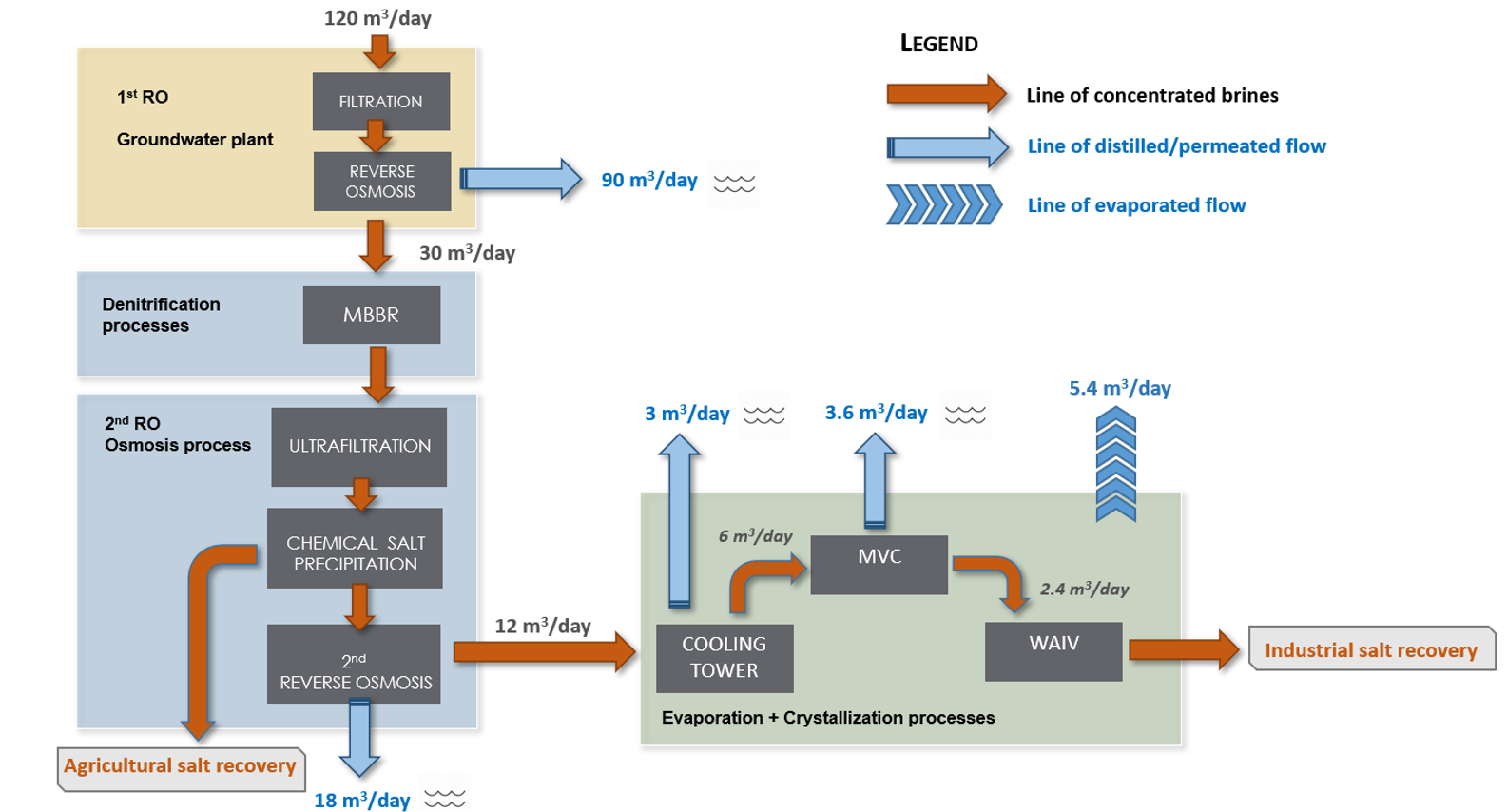
Life Desirows benefits
Solution to an environmental problem
The groundwater of the entire Mediterranean Basin, and specifically the Campo de Cartagena area, has high nitrate content. The presence of these salts in fresh water from underground wells causes serious environmental damage. In the case of Campo de Cartagena, these waters used in irrigation end up pouring into the Mar Menor, unbalancing the natural values of this saltwater lagoon.
The project is developed in the Campo de Cartagena region, in the Murcia region, in the Southeast of Spain.
- An advantage over the production of desalinated sea water, since it is achieved at the same price, but without the generation of waste.
- An improvement in the quality of reclaimed water for the agricultural sector from underground wells at an affordable price.
- The use of technologies based on energy efficiency.
Life+ Program
Four thousand projects in almost thirty years
The LIFE Program is the only financial instrument of the European Union exclusively dedicated to the environment. Its overall objective is to contribute to sustainable development and to the achievement of the objectives and targets of the Europe 2020 Strategy and the relevant Union strategies and plans on the environment and climate.
The program is committed to all those projects that are based on catalyzing changes in development and in the application of policies by providing solutions and best practices to achieve environmental and climate objectives, as well as by promoting technologies innovative. It must also support the application of the General Environment Program of the Union until 2020 «Living well, respecting the limits of our planet.»
Since its implementation in 1992, the LIFE Program has supported more than 4,000 projects throughout the European Union.

